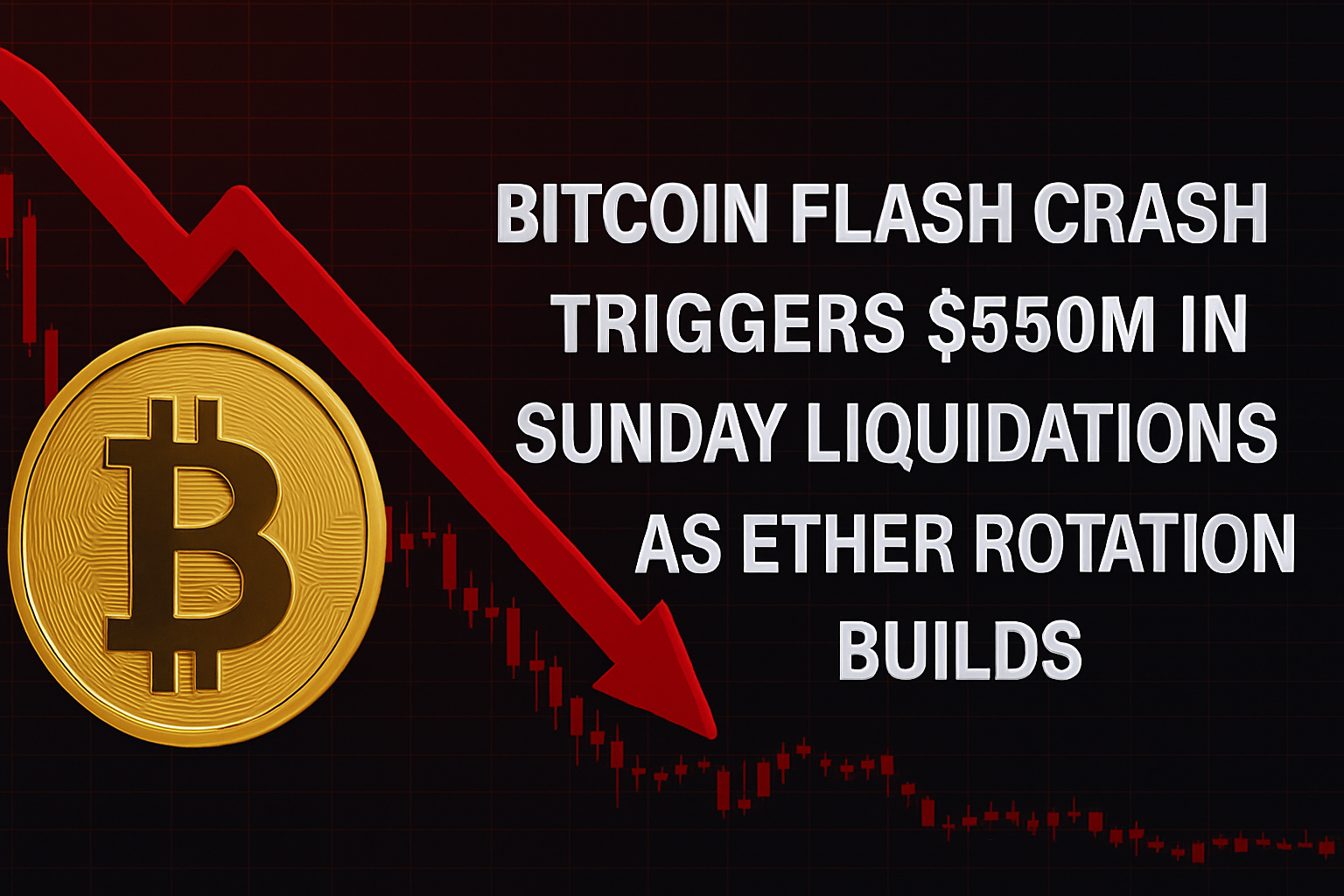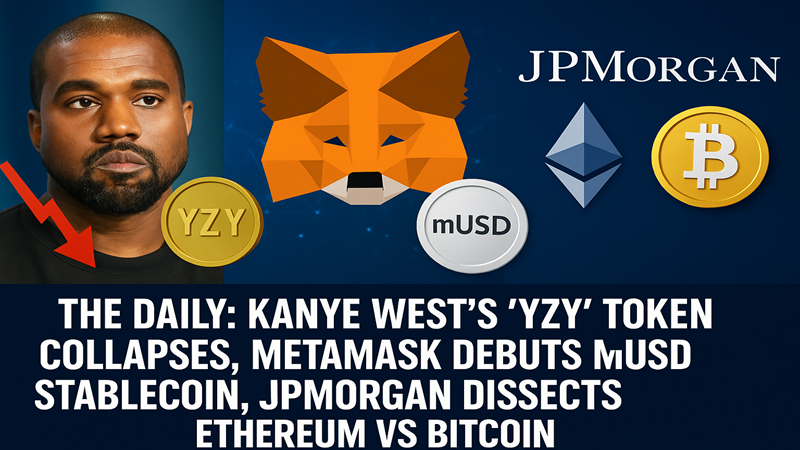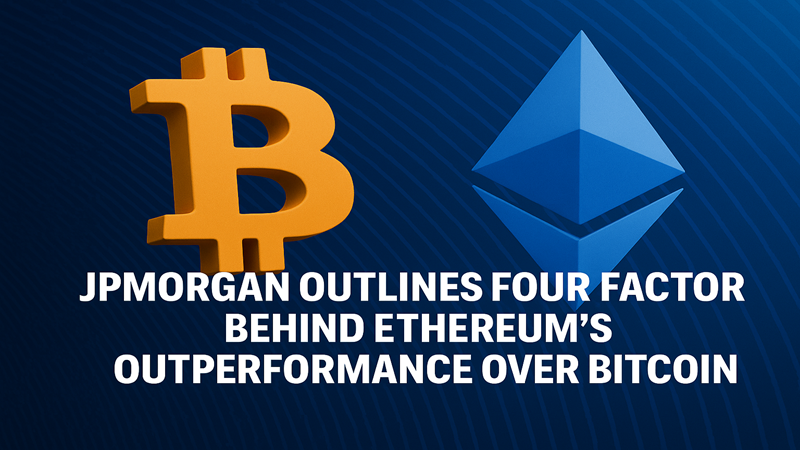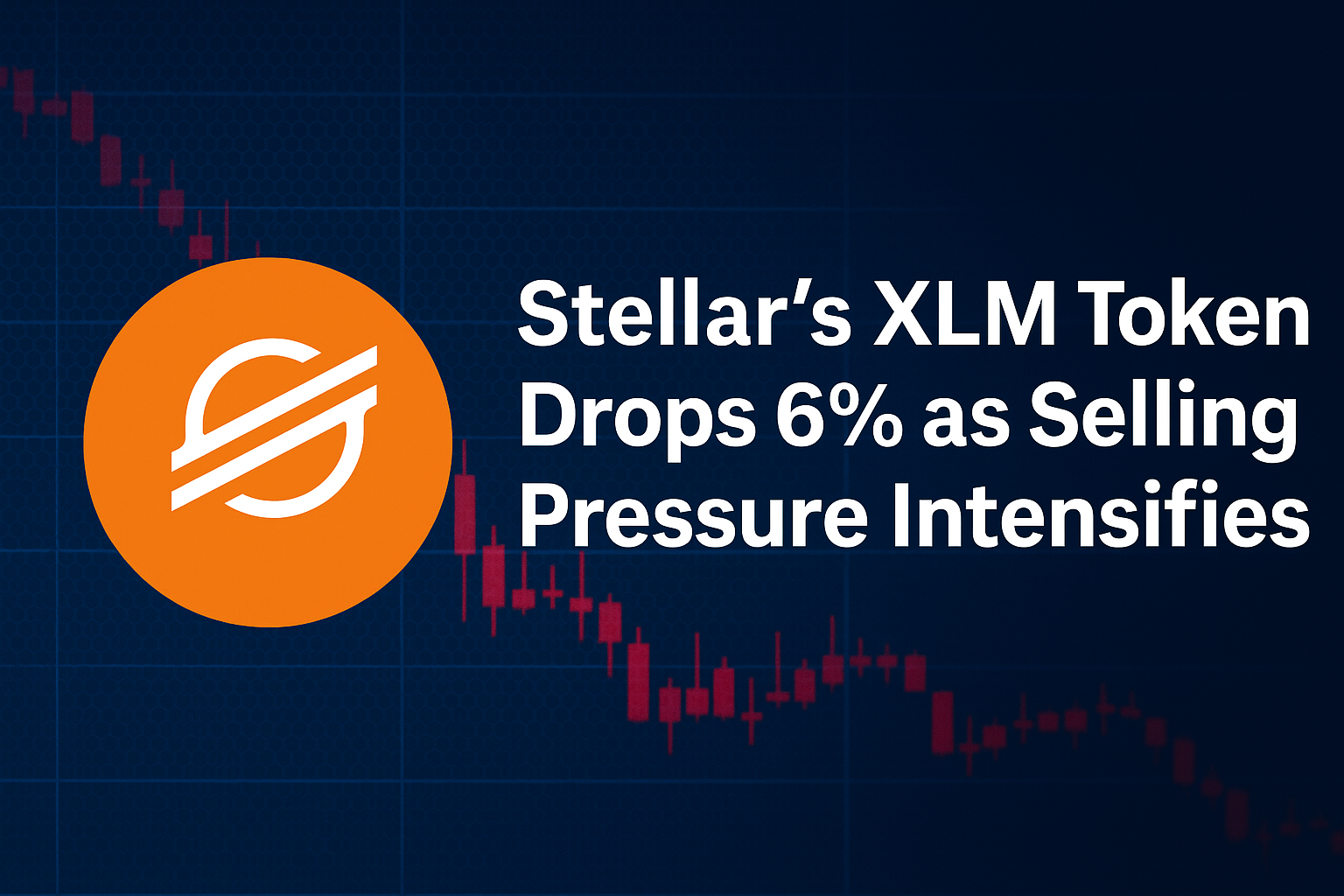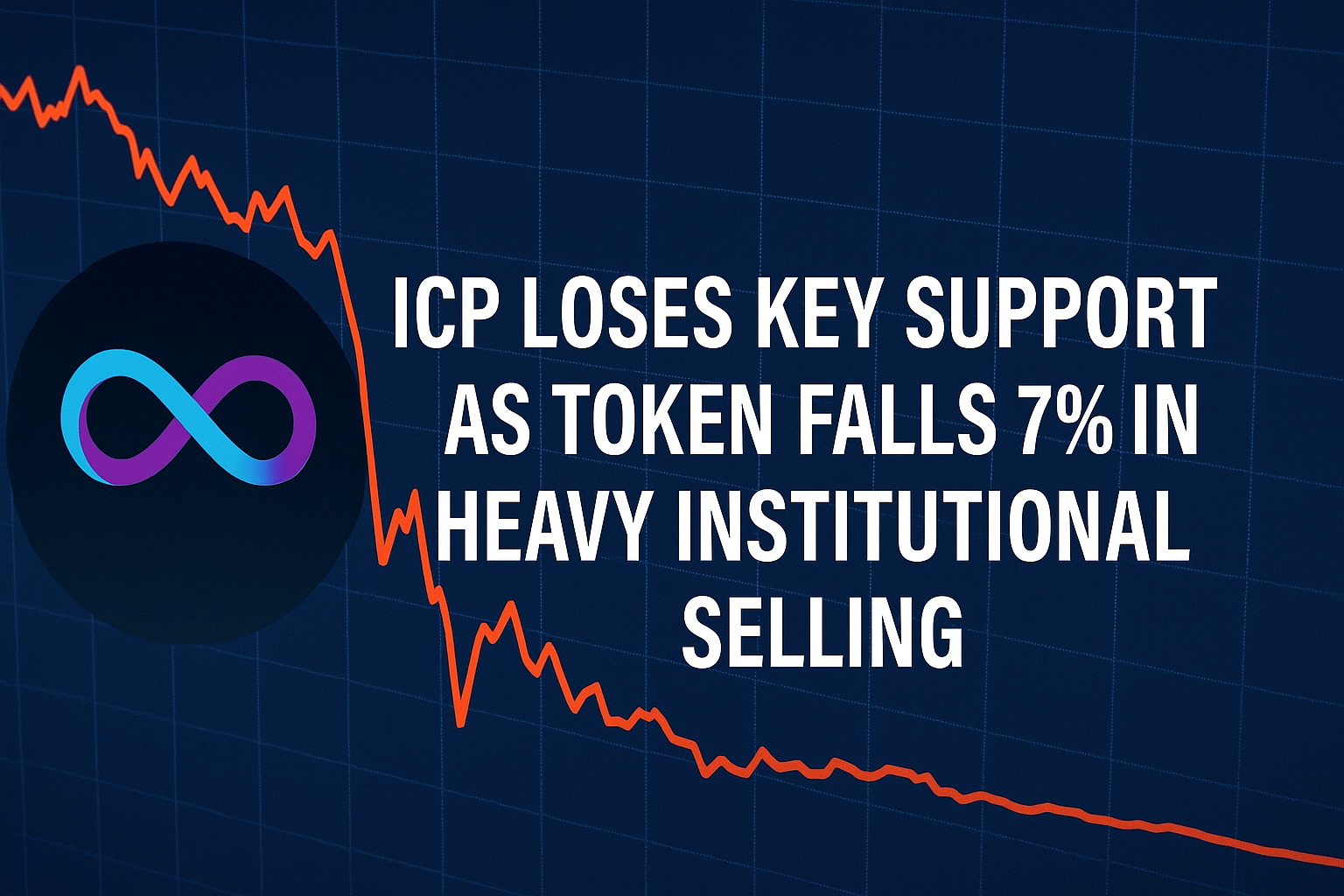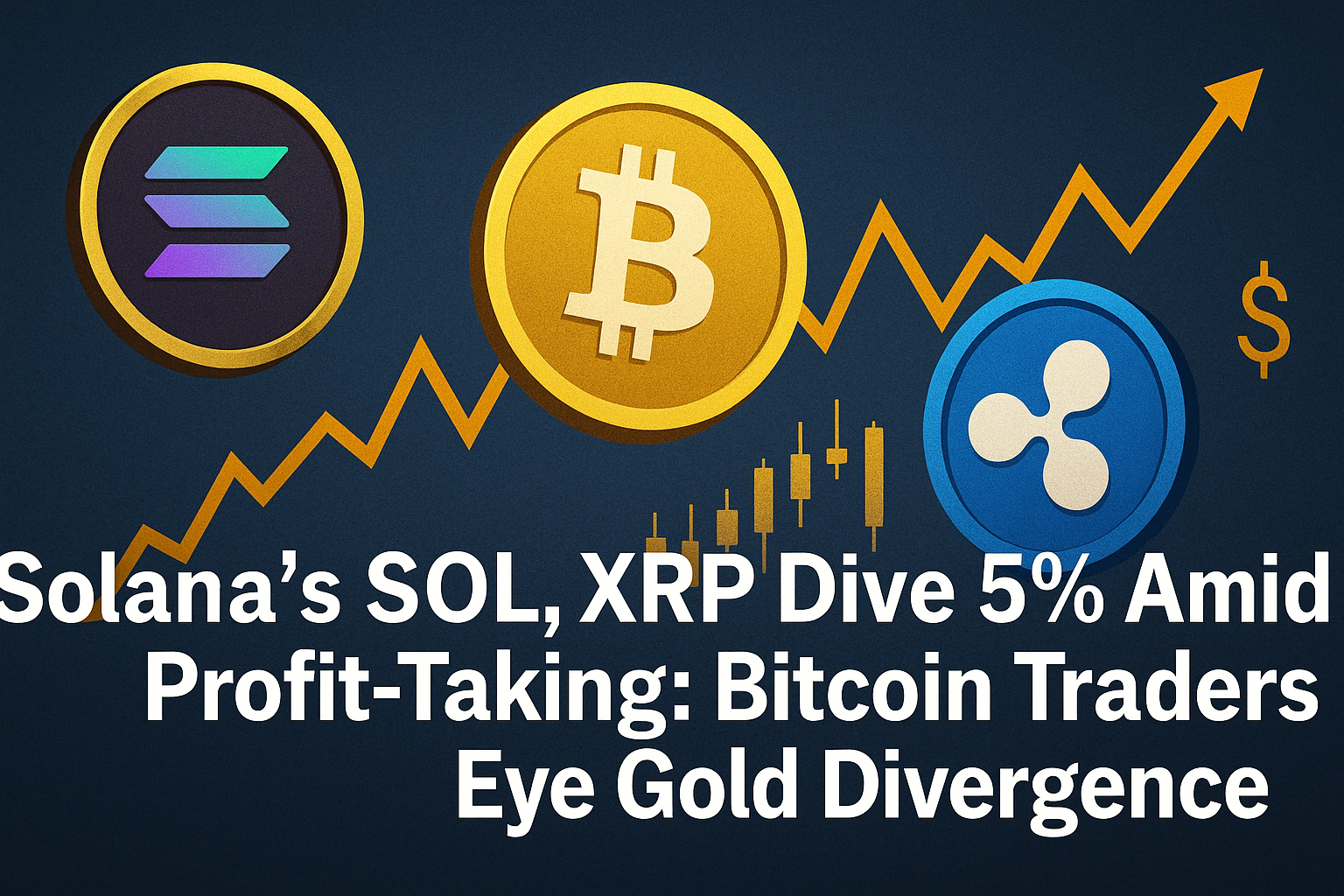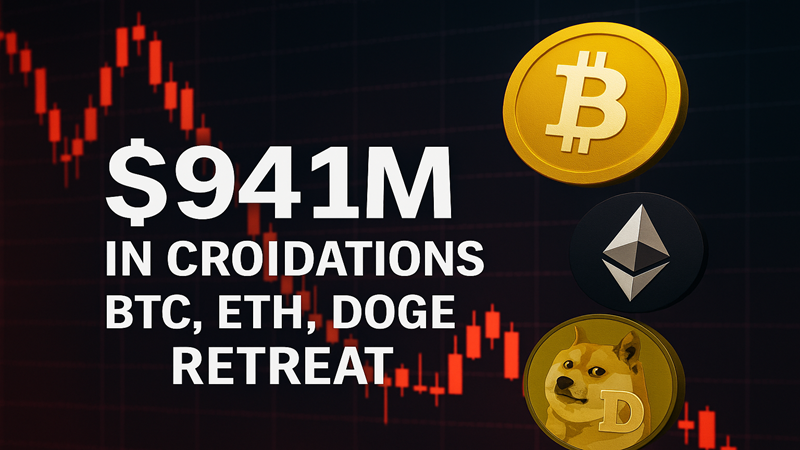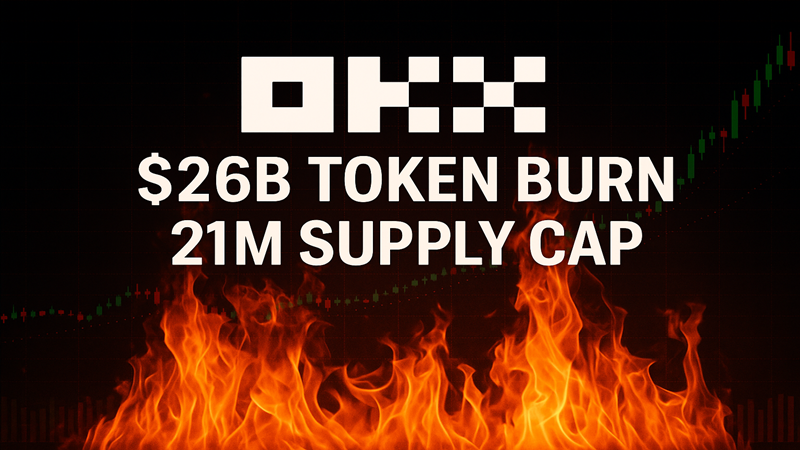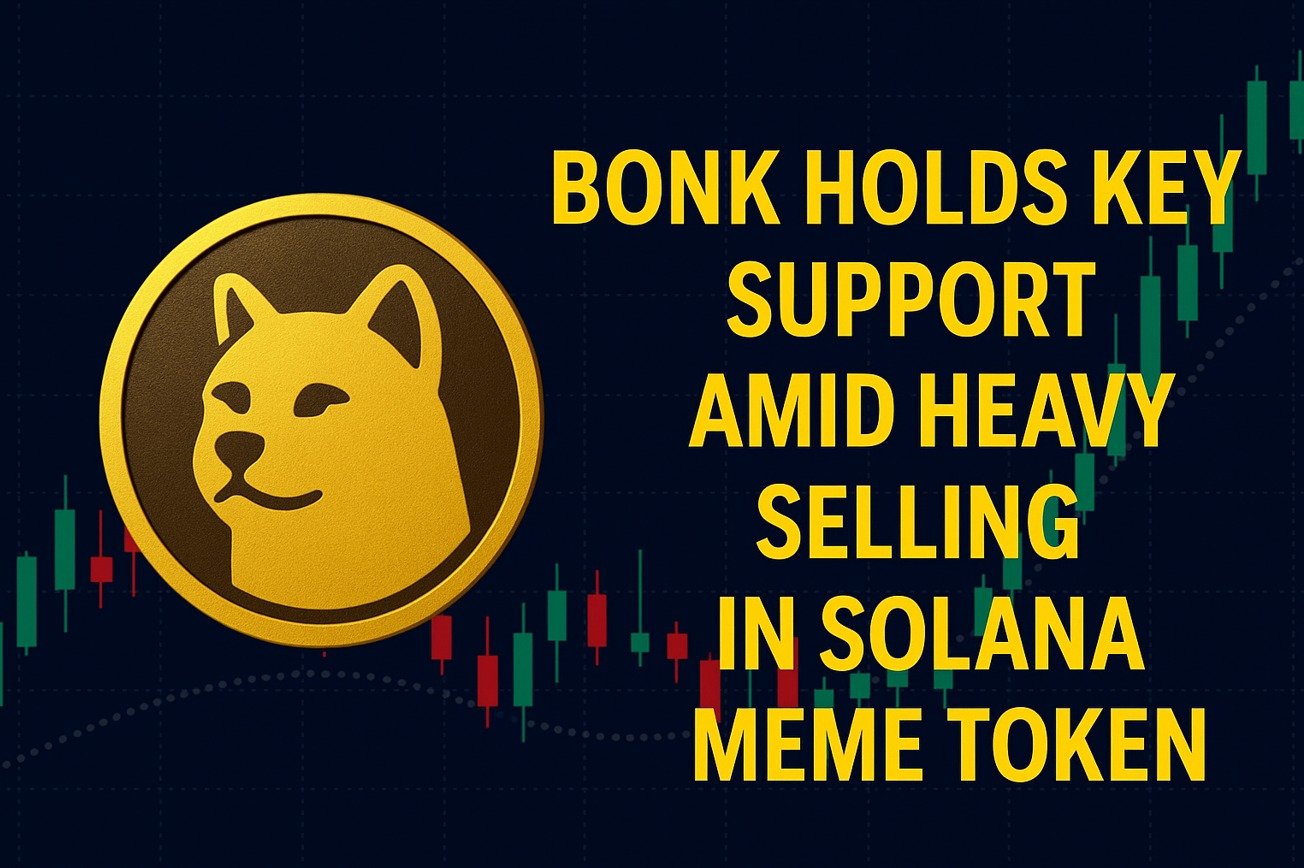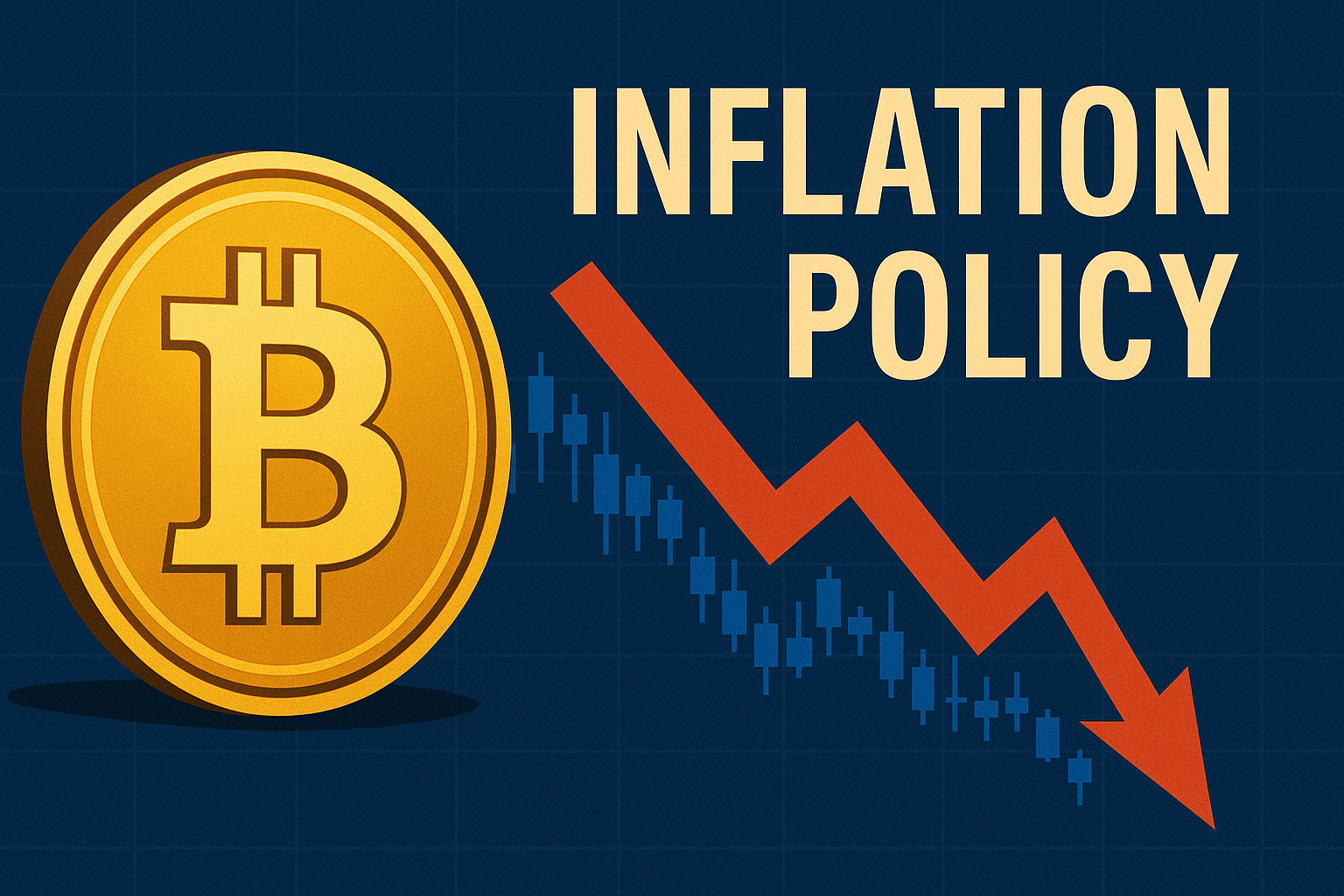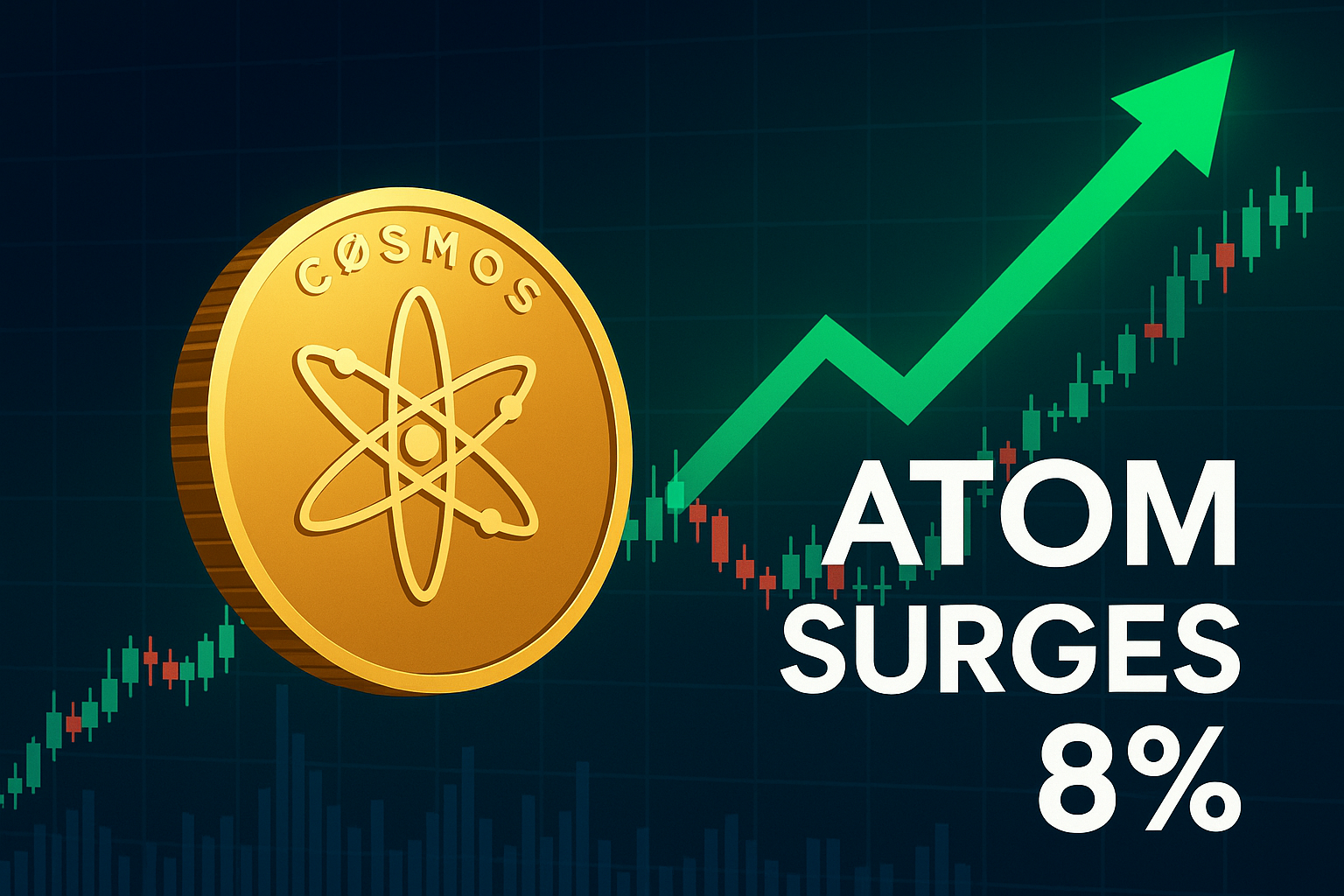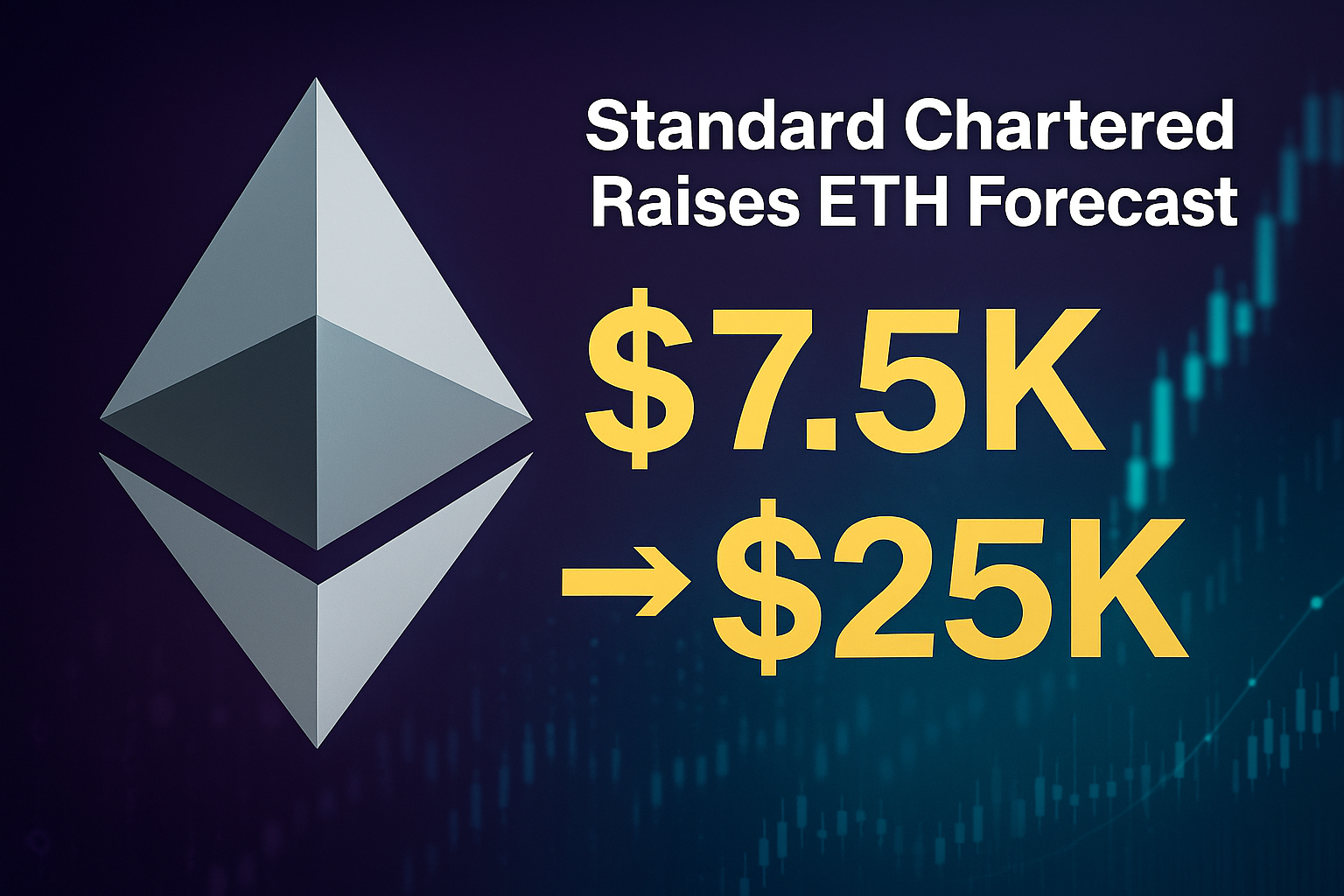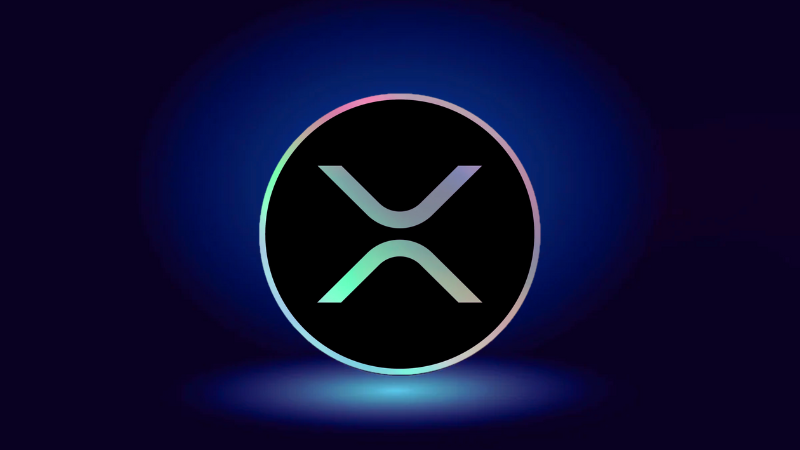
Gemini, the cryptocurrency exchange founded by Cameron and Tyler Winklevoss, has officially filed to go public on the Nasdaq stock exchange under the ticker GEMI. This landmark move comes at a time of heightened institutional interest in crypto markets, yet Gemini revealed a decline in quarterly revenues in its filing. The IPO is poised to become one of the most closely watched events in the digital assets sector in 2025.
Gemini’s Nasdaq Ambitions
The exchange has chosen Nasdaq as its trading venue, reinforcing its ambition to join the ranks of Coinbase, which went public on Nasdaq in April 2021. Nasdaq’s strong association with technology and innovation aligns with Gemini’s vision of positioning itself as a regulated and transparent crypto platform for both institutional and retail investors.
By listing on Nasdaq, Gemini aims to capture investor confidence while expanding its reach beyond crypto-native users into traditional financial markets. This move could help attract pension funds, ETFs, and hedge funds that are seeking exposure to crypto infrastructure plays.
Financial Performance and Revenue Dip
In its IPO filing, Gemini disclosed a revenue decline of 12% year-over-year for Q2 2025, falling from approximately $312 million to $274 million. The exchange attributed this slowdown to reduced trading volumes in Bitcoin and Ethereum, along with thinner spreads in its institutional prime brokerage unit.
Despite the dip, Gemini highlighted that assets under custody remained strong at $28.4 billion, indicating continued trust in its secure custodial infrastructure. The platform also emphasized diversification beyond spot trading, citing staking services and Gemini Earn as areas of long-term growth.
Market Context: Crypto IPOs and Institutional Appetite
Gemini’s IPO arrives amid a renewed wave of crypto-related listings. In 2021, Coinbase’s IPO opened at $381 per share with a valuation above $85 billion, though it has since seen volatility. More recently, several Bitcoin mining companies and blockchain infrastructure firms have tested public markets.
Gemini’s filing underscores that institutional appetite for crypto firms remains high, especially with Bitcoin trading near $122,000 and Ethereum at $4,300 as of mid-August 2025. Investors are eager to gain exposure to the broader crypto ecosystem, not just digital assets themselves.
Competitive Landscape and Regulatory Positioning
Unlike Binance or OKX, Gemini has long emphasized compliance. It holds a New York Trust Charter, operates under U.S. financial regulations, and often markets itself as the “most regulated exchange.” This positioning could become a key differentiator in winning institutional trust during its IPO.
At the same time, competition remains fierce. Coinbase dominates U.S. spot trading volume, Kraken is expanding its European presence, and newer players like Robinhood Crypto are siphoning retail traders. Gemini will need to prove that its emphasis on regulation can translate into profitability.
Winklevoss Vision: Long-Term Strategy
Cameron and Tyler Winklevoss, famous for their early involvement in Facebook and Bitcoin investments, remain the public faces of Gemini. Their long-term strategy is centered around three pillars:
-
Security and Trust: Marketing Gemini as the safest exchange in the U.S.
-
Institutional Expansion: Building tools for hedge funds, ETFs, and sovereign wealth funds.
-
Product Diversification: Beyond trading into staking, derivatives, and tokenized assets.
This vision echoes their early belief that “crypto is the future of money,” and the IPO is seen as the next step in cementing Gemini’s position on Wall Street.
Potential Valuation and Investor Sentiment
While Gemini has not disclosed its target valuation, analysts estimate it could debut with a market cap between $6 billion and $10 billion, depending on demand and market conditions. For comparison, Coinbase trades around a $30 billion valuation in 2025.
The key question for investors will be whether Gemini can achieve growth in trading revenues while managing regulatory risks and competing against much larger exchanges.
Implications for the Broader Crypto Market
A successful Gemini IPO would be another milestone in mainstreaming crypto. It would demonstrate that exchanges emphasizing regulatory compliance can access deep pools of capital from traditional markets.
It could also set the stage for other U.S. crypto companies—including custodians, infrastructure providers, and stablecoin issuers—to pursue IPOs. On the other hand, if the IPO underperforms, it might dampen enthusiasm for further public listings.
Final Thoughts
Gemini’s IPO filing with Nasdaq under the ticker GEMI marks a pivotal moment for the exchange and the broader crypto industry. Despite revealing a decline in revenue, the listing reflects Gemini’s ambition to expand its institutional footprint and compete with Coinbase as a publicly traded crypto exchange. Investors and industry watchers alike will be paying close attention when GEMI makes its Wall Street debut.

